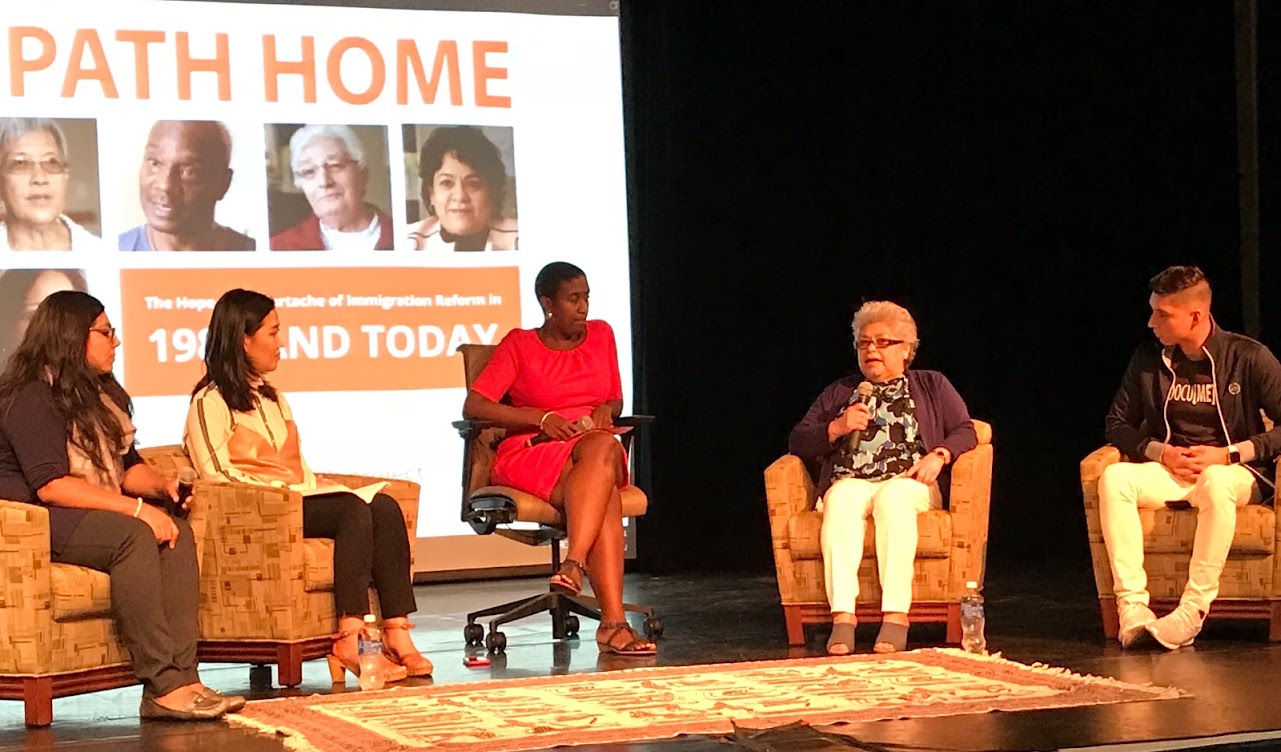Angel Kinney
ENG103.0905
Professor Kitana Ananda
American Feminism: Embrace Your Inner Bitch
Why is it that women are continuously shunned or insulted for doing the exact same things that a man is praised for? For years women have been trying to get accepted for the leadership skills they possess instead of being called a bossy bitch. Some women are afraid to admit what they want in the bedroom because whenever they bring up the topic of sex they are called sluts and whores. It is about time that has changed, and throughout the years it has gotten better. Feminism has changed the way people view women in America today by showing that women are not just wives and mothers, that they are people even without those titles.
To begin, what is feminism anyway and why is it so important? Feminism is believing that all genders should be equal, that everyone should be paid the same amount of money for the same work, that pregnant women should have the workplace suited to her needs. One thing feminism is not is hatred of men. So many people think that if one is a feminist than that must mean that they despise men and wish to be rid of them, but this is not true in the least. Feminism wants men to be able to be whoever they want, to wear makeup if they want to because being feminine is not a bad thing. Feminism aspires to teach young boys and men alike that it is okay to cry and to show your emotional side after all everyone is human.
In Debra Beck’s article, she speaks about a time when people agreed with feminist views but yet they still denied being a feminist; this still happens today, nearly twenty years later. The reason that people reject feminism so largely is because of the way the media has always portrayed feminism until recently, that being that feminists are hairy lesbian women who hate men. This is not at all true, another thing that the media portrayed feminists as were women who were out to destroy family values like wives in the kitchen and mothers who only cleaned the house and took care of the children. The media did this in hope to scare people away from wanting to become feminists, and they sure did that. Yes, there are many feminists around the world but they are still looked at rather poorly because of how the media used to illustrate them. Another label that was thrown at feminists was the name “bra burners” when contestants of the 1968 Miss America Pageant threw their bras in trash cans as an act of protest. This also caused people to shy away from admitting that they were a feminist and would say the following instead, “I’m not a feminist, but…” (Beck).
This phrase is still largely around today and was also mentioned in Jessica Valenti’s book Full Frontal Feminism: A Young Woman’s Guide to Why Feminism Matters which was originally published in 2007 and then reprinted again in 2014 when a few things changed like the cover of the book. This proves that the feminist movement has not caught everyone just yet and may never catch everyone. Beck’s information was almost twenty years ago and a few things have changed, the feminist movement is a lot stronger and a bit more accepted even though there are plenty of people who still think that it is unnecessary for the movement to exist at all.
Debra Beck also said that the reason women are not seen in the same strong light as men or as important is because of the theory of masculinity and femininity where men are illustrated as “good” and that women were the opposite of men, naming them as “bad” or “evil”. Going into more detail with this concept, the “good” men were also only truly considered good if they were “white middle-class, and Christian”, meaning that is you were a black Muslim, there was no place for you among the “good” men (Beck).
Now, the reason for all this negative light on the feminist movement all boils down to one major role player: mass media, back in 1992 most if not all decision-makers in the media were males. Since males are the dominant gender in America they did not want females to get certain rights that could damage their life, so they started bashing them in the papers and on the television and radio. No female wanted to be called a man-hating lesbian, well at least a good portion did not want to be called those things, so they stayed out of the movement. Some women who knew they were not lesbians still feared being called the term.
Once the media finally decided to address feminist issues it was still not exactly what the movement was looking for, many television shows and films portrayed women’s issues, but in a negative light or in a completely unrealistic way. For example, they had a publicized “catfight” between two different kinds of feminists, one a blonde housewife and another a brunette career woman, this proves that feminism is different to everyone, but showing it in a negative light does not help the movement progress. However, the media is not all bad, a social movement cannot thrive without the help of the media. Whether it is positive or negative attention that a movement is receiving, it is better than none. For instance, if social media completely disregarded the feminist movement, the third wave of feminism would not have happened and feminists today would not have a movement.
Works Cited
Beck Baker Debra. “The ‘F” Word: How the Media Frame Feminism.” NWSA Journal. 1998.
Dubler R. Ariela. “Exceptions to the General Rule: Unmarried Women and the Constitution of the Family”. Theoretical Inquiries in Law. 2003.
O’Brian Patricia. The Woman Alone. Quadrangle/The New York Times Book Co., Inc. 1973.
Valenti, Jessica. Full Frontal Feminism: A Young Woman’s Guide to Why Feminism Matters.
Seal Press, 2014. Print.

